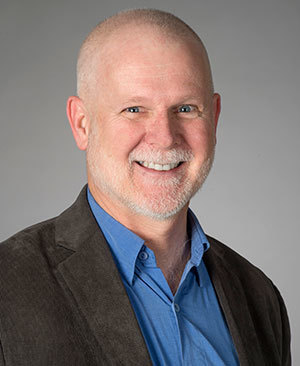 Stephen Fallon
Stephen Fallon
The John Simon Guggenheim Memorial Foundation has awarded a prestigious 2016 fellowship to Stephen Fallon, the Rev. John J. Cavanaugh, C.S.C., Professor of the Humanities in the Program of Liberal Studies and the Department of English.
The 175 fellowships, which fund a diverse group scholars, artists, and scientists, were awarded from a pool of more than 3,000 applicants in the foundation’s 92nd year. Arts and Letters faculty have won 17 Guggenheim fellowships in the past 16 years. Anjan Chakravartty, a professor in the Department of Philosophy, also received a 2016 award.
“The Guggenheim is one of the world’s most prestigious and competitive fellowships,” said John McGreevy, I.A. O’Shaughnessy Dean of the College of Arts and Letters. “We’re thrilled that Anjan and Stephen have continued our strong tradition of excellence with these awards.”
Fallon will use his fellowship to complete a comparative study of what happens when the poet and theologian John Milton and the scientist and theologian Isaac Newton—towering figures in 17th-century England—address some of the world’s biggest questions and come up with parallel answers.
His book, tentatively titled Milton, Newton, and the Making of a Modern World, will argue that the two thinkers, who never met, came to strikingly similar conclusions about the nature of the world and its relation to God.
“Milton and Newton considered themselves prophets, in the literal sense,” Fallon said. “Both argue that all matter, from stones to souls, is alive. This vitalist, alchemical conception connected to their unorthodox position on the Son of God.”
Their revolutionary thinking, Fallon argues, had influence on later writers and scientists—and through them, on our understanding of the world.
Fallon said he was honored and humbled by the award.
“I’m thrilled and grateful for the Guggenheim fellowship,” Fallon said, “which will give me the precious resource of time to focus on work that I hope will benefit my students here at Notre Dame and the larger scholarly community.”
Originally published at al.nd.edu.